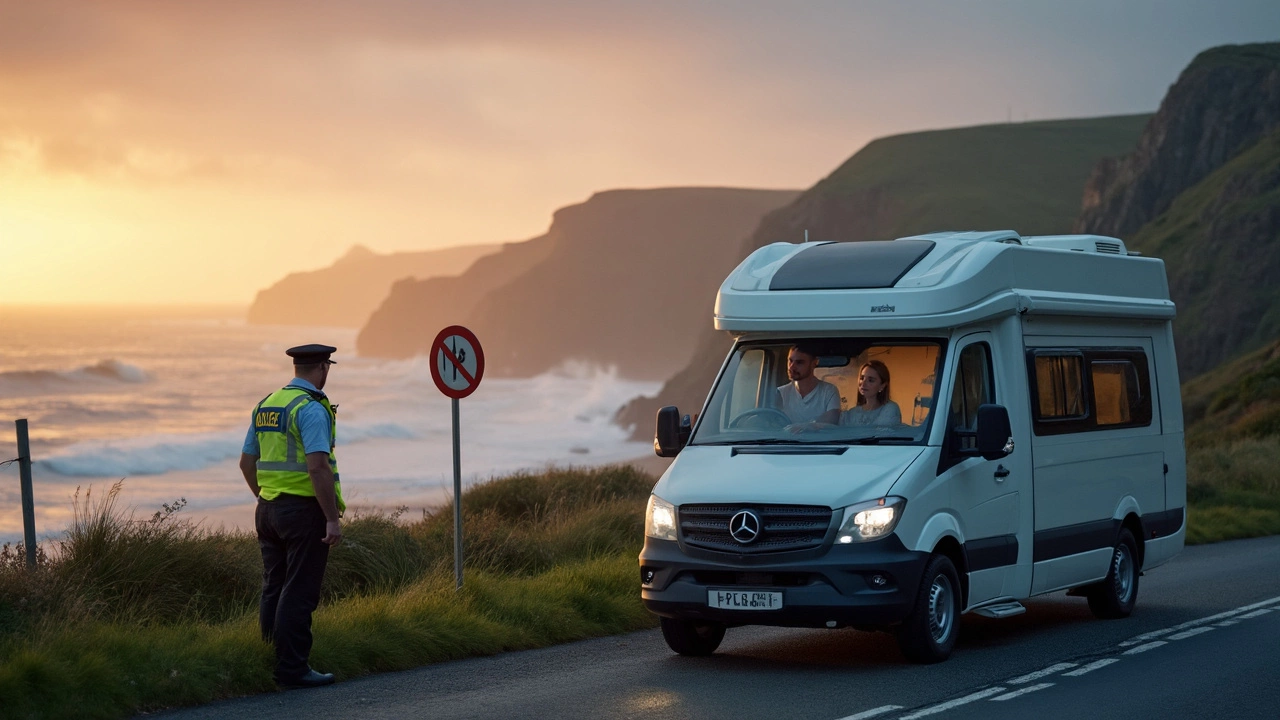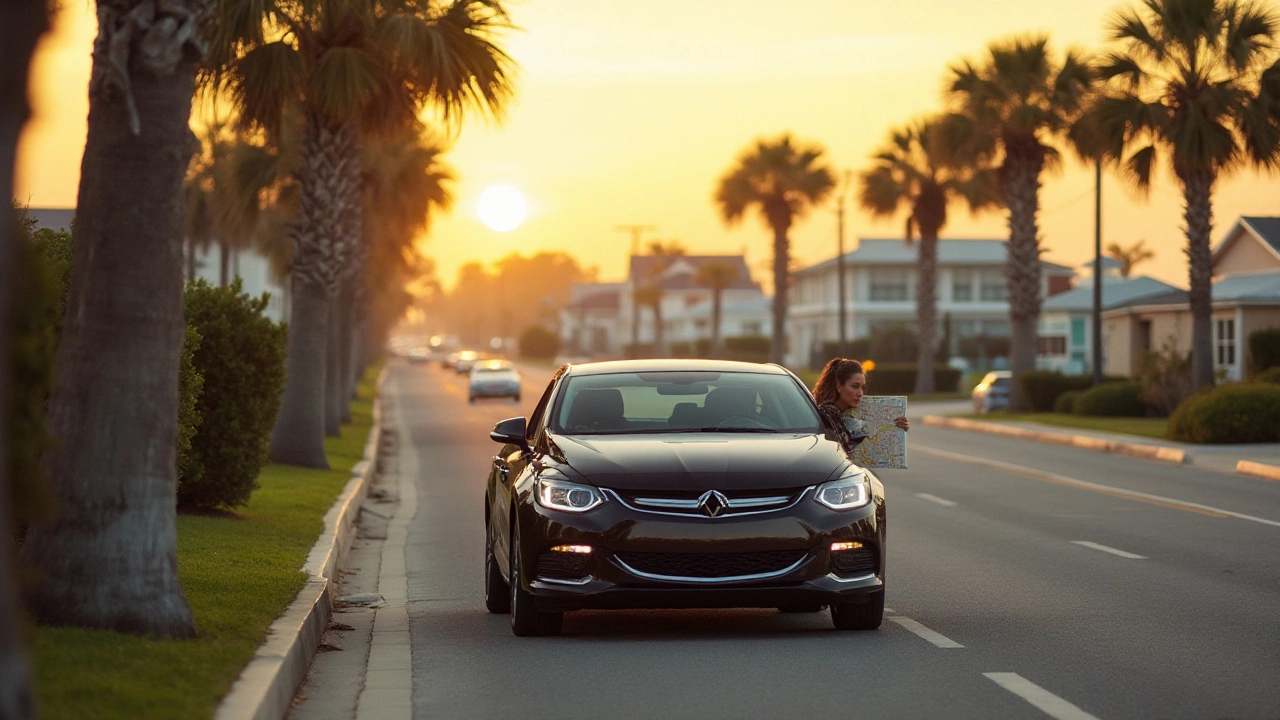Overnight Parking Made Simple for Motorhome Adventures
Finding a place to park your motorhome for the night can feel like a puzzle, but it doesn’t have to be. Whether you’re cruising around Nottinghamshire or heading farther afield, there are handy tricks that keep you safe, legal, and happy.
Where to Look for Free or Low‑Cost Spots
The first place to check is local council websites. Many towns list designated motorhome lay‑bys that are free after 10 pm. In Nottingham you’ll find spots near the city centre car parks that allow overnight stays as long as you keep the engine off and respect any time limits.
Supermarkets and large retail parks often have wide bays that work well for a night’s stop. Just ask the manager – most will say yes if you’re polite and leave the area clean. Some service stations along the A52 and M1 also let you park for a few hours, perfect for a quick pause before you hit the next attraction.
What the Law Says About Overnight Motorhome Parking
UK law doesn’t ban sleeping in a motorhome, but you must follow a few basic rules. You can’t block traffic, park on private land without permission, or stay longer than the posted limit. If a sign says “No overnight parking,” respect it – fines can be steep and you’ll waste time dealing with officials.
Seat‑belt rules still apply when the vehicle is moving, but once you’re parked you’re free to relax inside. Just make sure any gas or diesel containers are sealed and stored safely. And remember: you’re not allowed to use the motorhome toilet while the vehicle is in motion – many police officers check this.
Another tip: keep a copy of your insurance and registration handy. If you’re asked to move, a friendly explanation and proof of your legal status usually does the trick.
Practical Tips for a Comfortable Night
Choose a flat spot and avoid low‑lying areas that could collect water after rain. Look for a nearby waste disposal point – many campsites have free dump stations that you can use even if you’re not staying the night.
Bring a portable power station or a solar charger if you plan to use lights or charge devices. It’s also wise to have a small fire extinguisher on board; you never know when a stray ember could become a problem.
Finally, be a good neighbor. Keep noise down, lock your doors, and leave the area cleaner than you found it. A little courtesy goes a long way and makes it more likely that landowners will keep the spot open for future travelers.
With these simple steps, overnight parking becomes just another part of the adventure, not a roadblock. Pack your stuff, pull into a safe lay‑by, and enjoy the freedom of waking up wherever the road takes you.

